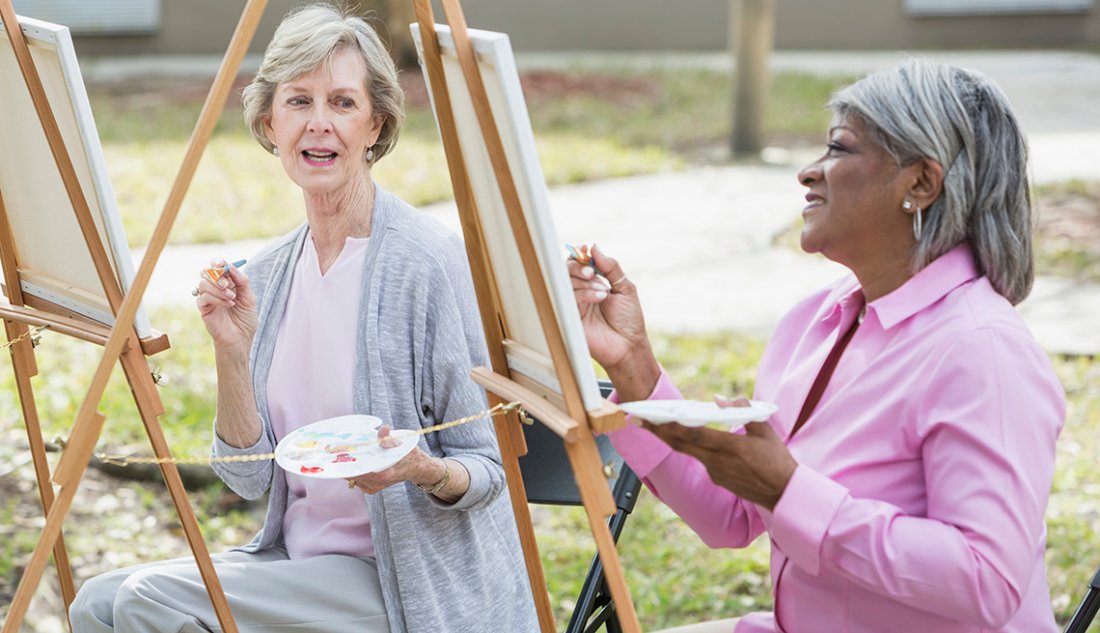INTRODUCTION--
 |
| Why is ABCDE Important FOR ELDER PERSON? {1} |
If you are currently experiencing negative emotions and have not yet done the ABCDE Exercise (Acknowledge, Be Curious, Choose Emotionally Responsive Communication, Develop Emotional Regulation Skills, and Effectively Engage With Others), then now would be a good time to start. This is important because this is what we have been doing since day 1. We are trying to develop skills that we can use in situations that arise throughout our lives. If you experience any sort of trauma, stressor, or difficult situation, these skills should help you cope with them better and increase your resiliency.
A Powerful tool--
ABCDE is a simple but powerful tool that has helped many people overcome their struggles. It has helped me tremendously! I highly recommend it to anyone who wants to learn how to improve their emotional health.
What is ABCDE ?--
Maintaining Friendships{2}
| A-- 1- Acknowledge 2-Be Curious 3-Choose Emotionally Responsive Communication, 4-Develop Emotional Regulation Skills, 5- Effective Engagement With Others. |
when we are feeling upset, seek out helpful information about ourselves and others, communicate effectively, develop ways to regulate our own feelings, and engage with other people in healthy ways.
B--ABCDE stands for Differently--
- A-Air – This means that we are allowing our bodies to breathe properly and cleanse out toxins that build up in our bodies. We need air to survive and live. To breathe is simple but what makes a difference is how deep you breathe. When we take shallow breaths we don’t get much oxygen into our system. This can easily lead to us getting sick. If you have allergies or asthma then try taking deeper breaths and make sure you exhale completely.
- B -Bathing – Just like breathing, bathing and showering are necessary for survival. Try not to skip these steps and use only organic products. If possible, try using essential oils in the bathwater. These help to relax muscles, reduce stress and create a soothing environment.
- C Clothes - You need clothes. Not fancy ones, but comfortable ones. You should always wear clothing that has been washed before. I recommend no synthetic materials or any other chemicals. They will pollute the air we breathe and cause skin irritation.
- 5-Diet– Your diet really plays a big role in mental health. Certain foods are known for their ability to boost moods and others are known for their calming properties. Some people even say that blueberries can give someone ‘high vibes’. Try eating different meals each day and experiment with spices and herbs to find out what works best for you.
- E-Exercise – Exercise is one of the easiest ways to relieve stress and anxiety. Our bodies respond to the endorphins released from physical activity the same way they do to drugs like morphine. There are many different types of exercises ranging from yoga to running. Find what you enjoy doing and stick to it!
Why is ABCDE Important FOR ELDER PERSON?
This is the first step in the ABCDE method. It is a time when we are faced with adversity. We have been taught that life is fair and that things happen for a reason. However, this can cause us to feel helpless and hopeless. When we are faced with adversity, we need to remember that it is not always about us. There are many factors involved in our lives that we cannot control. Therefore, we should try to understand what happened and how it affected us. Adversity--Think about any difficulties you‘ve faced recently. Imagine for example that you recently committed to walking for 30 minutes a day, but you’re struggling to stick with that goal. Adversity can be defined as “unpleasant events or conditions associated with negative outcomes”.
To change our belief system, we need to believe in ourselves. If we do not believe in ourselves, then we will never achieve anything. Our belief system is based on our experiences from the past. We tend to repeat patterns that worked before. We need to learn to think differently and question everything that we have been told. Beliefs are our perceptions of what we think and believe about life. These beliefs can either be positive or negative. When we hold certain beliefs, we tend to make choices based on those beliefs. For example, if I believe that my health is good, then I might choose to eat healthier foods or exercise regularly. If I believe that my health isn't good, then I might not take care of myself and end up sicker than I should have been.
After we have changed our belief system, we will realize that we have consequences. These consequences are the results of our actions. They are the result of our decisions. We need to take responsibility for our actions and make sure that they are beneficial to us. A challenge is something that causes us to change our thinking and behaviour. This often involves changing our beliefs.
Once we have taken responsibility for our actions, we need to dispute them. We need to challenge our beliefs and ask questions. We need to know if our beliefs are true or false. If we are wrong, we need to correct our thinking. If we are right, we need to continue believing in our truth.
Finally, once we have disputed our beliefs and corrected our thinking, we need to energize ourselves. We need to focus on our goals and dreams. We need to live life to its fullest potential.
CLICK TO MORE...






.webp)
.webp)



